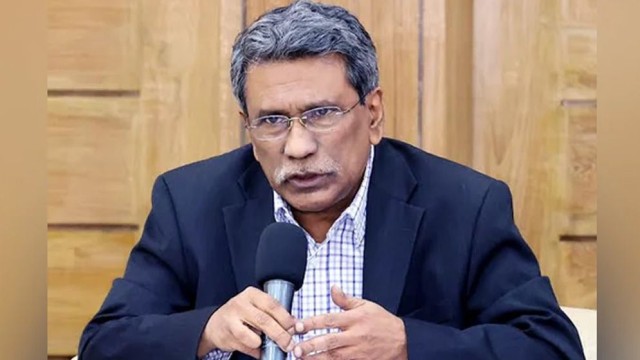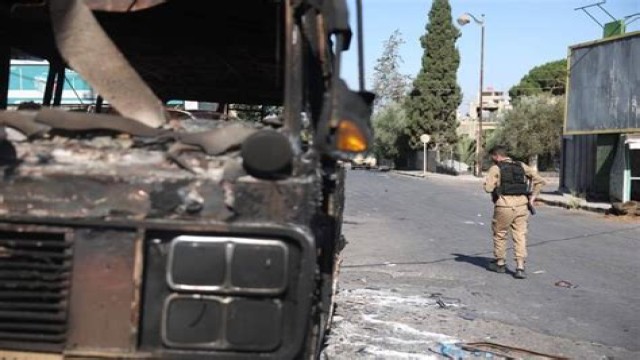In the last six months (1 January - 30 June 2024), 475 workers were killed in 420 accidents at various workplaces across the country.
In the same period in 2023, 389 workers were killed in 287 accidents.
Non-profit organization Safety and Rights Society (SRS) conducted the survey based on news published in various newspapers (15 national and 11 local).
Analyzing the workplace accident data, it was found that the highest number of workers were killed in the transport sector, 250 people were killed at 227 accidents.
Followed by the transport sector, 74 people died in service establishments (such as workshops, gas, electricity supply establishments, etc.) at 63 accidents.
In the agricultural sector, 66 people died at 61 accidents where 52 people were killed at 39 accidents in the construction sector. Moreover, 33 people died at 30 accidents in factories and other manufacturing units.
Reviewing the causes of death, it was observed that 310 people were killed in road accidents (including 250 workers in the transport sector and accidents on the way to and from the workplace); 52 people were electrocuted; 51 people were killed by lightning; 23 people died from falls; 15 people were hit or crushed by hard or heavy objects; 8 people were exposed to chemicals or toxic gases in septic tanks or water tanks; 6 people drowned; 3 people died in fires and explosions; 1 person died from a girder collapse; and 6 people died from other causes.
According to the survey, the main causes of transport accidents in the last six months include uncontrolled transport systems, obstruction of law enforcement, reckless traffic, and inefficient driving.
Electrical accidents were often caused by connecting electric lines without taking safety measures, turning on motors with wet hands, working under overhead power lines, and lifting iron rods by electric cables running alongside buildings.
Additionally, some accidents occurred due to the non-use of personal protective equipment.
Releasing the survey data, SRS executive director Sekender Ali Mina stated that the increase in worker deaths due to workplace accidents is unacceptable.
He highlighted that Bangladesh's production and employment depend on the informal sector, where labor laws are largely unenforced, making it challenging to control workplace accidents.
He emphasized that supervision by relevant authorities must be increased to control workplace accidents, especially in the transport, services, agriculture, construction, and manufacturing sectors.
Mina expressed hope that the authorities would soon take measures to identify the root causes of accidents, including the formulation of factory and institution-based safety guidelines, risk assessment, and mitigation strategies.
Safety and Rights Society (SRS) is a non-profit national non-governmental development organization dedicated to protecting health and safety in the workplace and upholding public rights.
Additionally, SRS assists families of workers injured or killed in work accidents in obtaining financial assistance from the Bangladesh Sramik Kalyan Foundation and provides free legal assistance for compensation.































Comment: